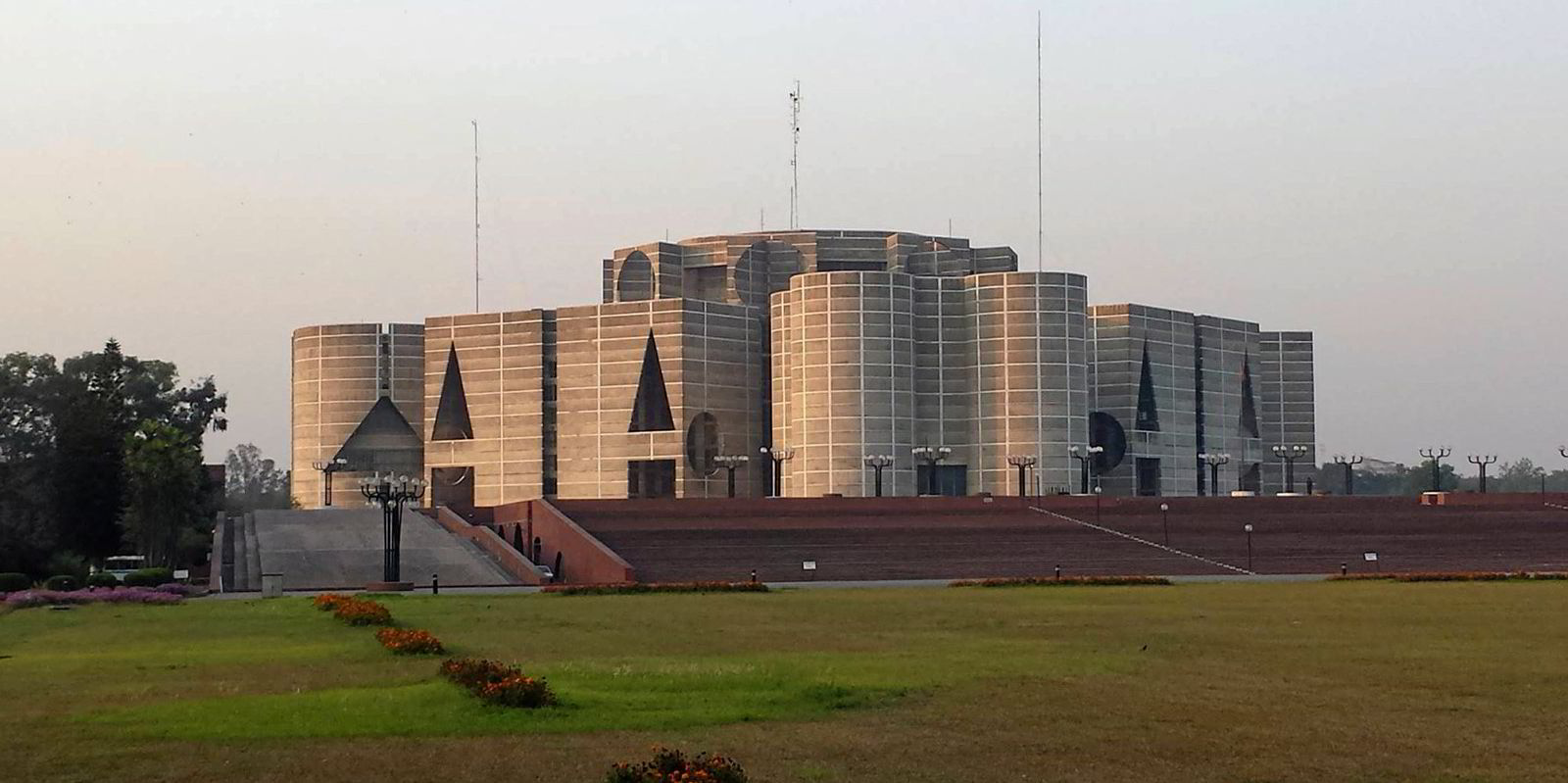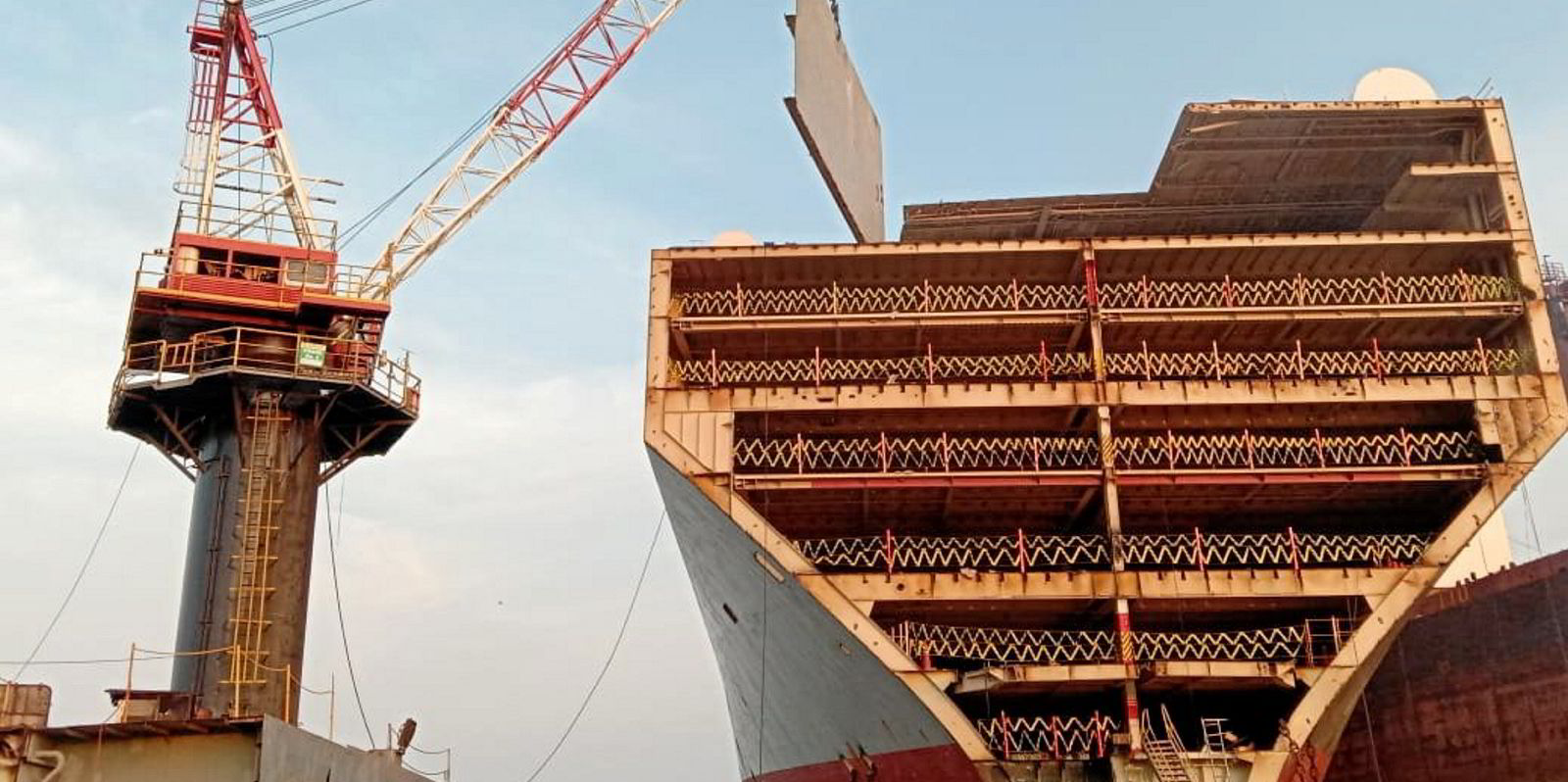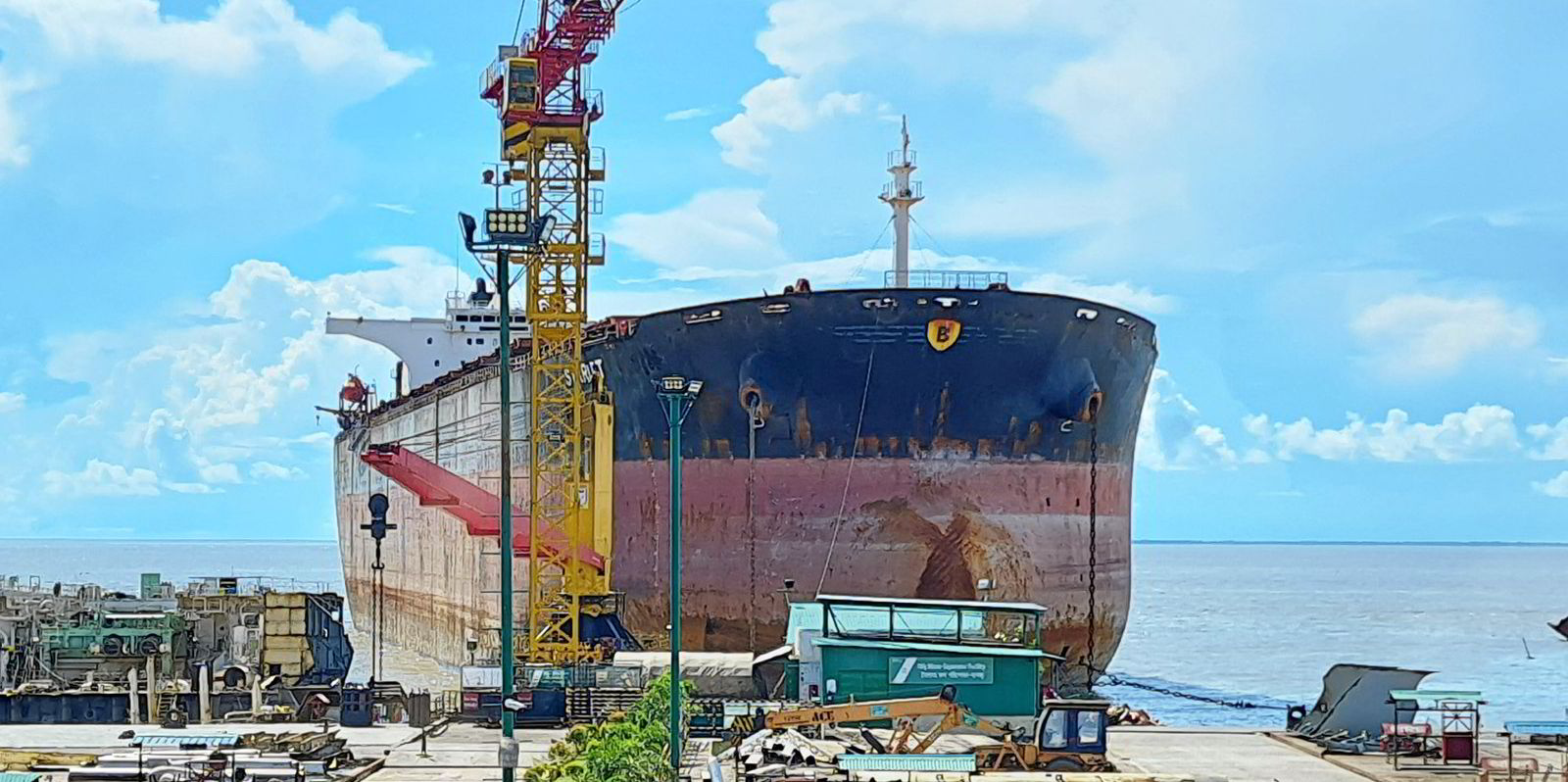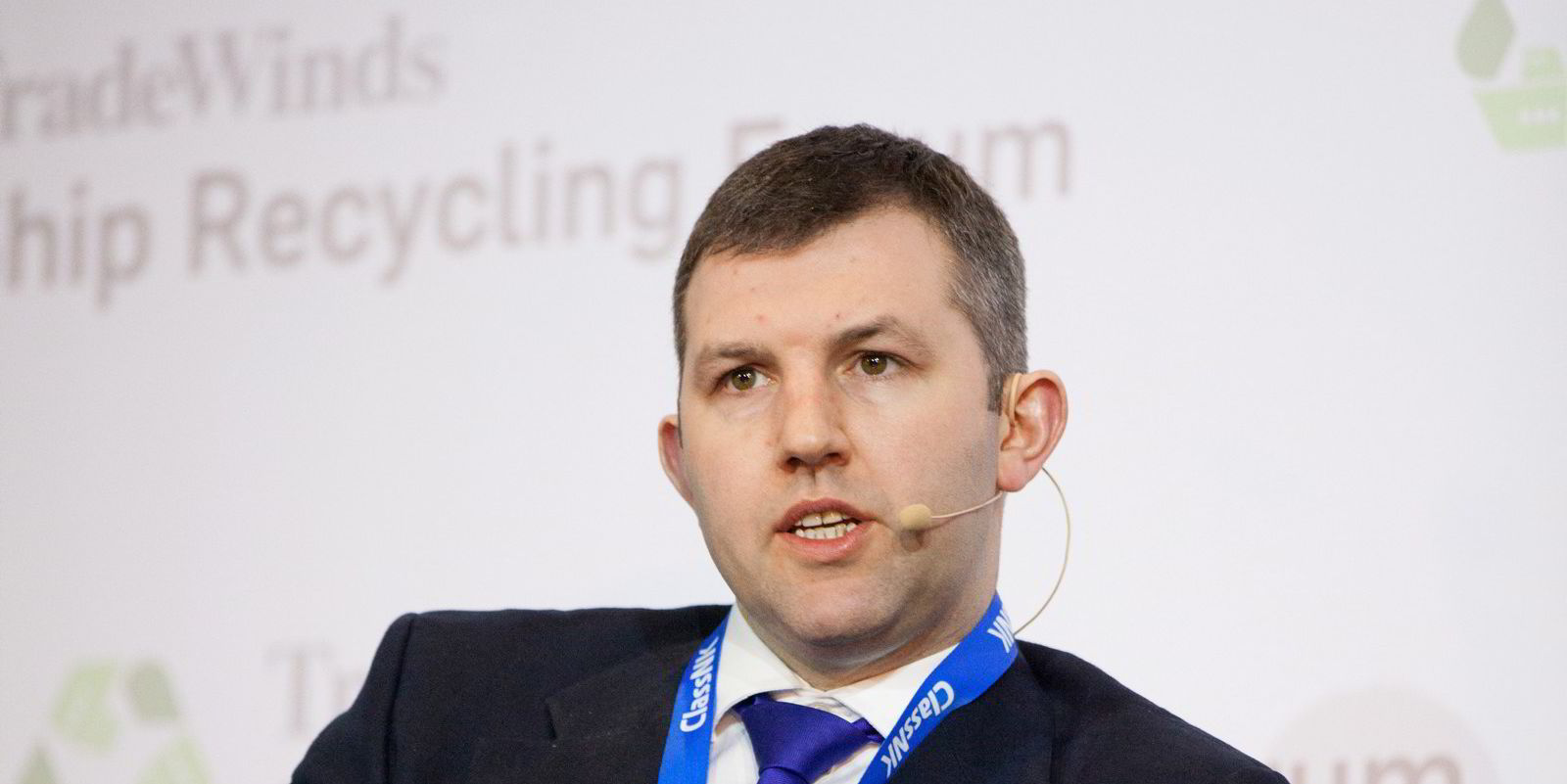The Bangladesh government’s adoption of the Hong Kong Convention for the Safe and Environmentally Sound Recycling of Ships has set off coordinated diplomatic moves to try to make sure the entry into force requirement is met in the coming months.
A Bangladesh cabinet meeting this week adopted the international recycling convention and is expected to place its instrument of accession with the International Maritime Organization in the coming weeks.
That move will virtually complete the convention’s entry into force conditions as far as governments representing ship recycling capacity are concerned.
It only requires one more substantial flag state to become mandated.
Behind the scenes, there have been ongoing coordinated diplomatic manoeuvres to achieve this.
Japan played a critical role in persuading Bangladesh to adopt the convention during a Tokyo meeting between the country’s respective prime ministers in March.
As part of the moves, TradeWinds understands Liberia has already adopted it, but agreed to withhold notifying the IMO for the time being, in case it disrupts the convention’s complicated entry into force procedures.
The Hong Kong Convention’s conditions require recycling countries representing a percentage of the tonnage of the ratifying flags to adopt it.
The addition of the world’s second-largest ship flag — Liberia — may have then required additional recycling countries to put their names behind the convention.
But, now Liberia could be ready to notify the IMO if it fits with the entry into force requirements, or another leading flag state, mostly likely the Marshall Islands, is also thought to be ready to move in the coming weeks or months.
Health and safety
Royal Belgium Shipowners’ Association managing director Wilfried Lemmens said enforcing the Hong Kong Convention is crucial for social governance in the shipping industry: “Once entered into force, the HKC [Hong Kong Convention] can ensure that when recycled upon reaching the end of their operational life, ships do not pose any unnecessary risks to human health and safety or the environment,” he said.

Entry into force would mark nearly two decades of work to mandate internationally recognised environmental and safety standards for the ship recycling industry.
It effectively means shipowners will be free to scrap their vessels at recycling yards in the Indian subcontinent as long as the facilities meet the standards laid out in the Hong Kong Convention.
With decarbonisation regulation set to send 15,000 ships to be recycled by 2032, according to Bimco, the international recycling regulation has been viewed as critical.
As the Hong Kong Convention will become international law two years after it meets the entry into force requirement, ship breakers will have time to upgrade their standards, if they have not done so already.
“This will give other yards time to meet the standard, increasing compliant capacity on entry into force, a number of yards in Bangladesh are already in this process,” said the International Chamber of Shipping’s environmental director John Stawpert.
“Our recommendation remains that shipowners should comply with the convention as far as possible,” he added.
Its adoption will immediately raise questions for the European Union’s regional Ship Recycling Regulation (SRR) and whether Europe will now align itself with the Hong Kong Convention. Many EU member states, including France, Germany and Spain, have already ratified it.
The EU’s SRR requires ships registered in the EU to be recycled only by approved shipyards, which have almost exclusively been based in Europe.
Recycling lobby group NGO Shipbreaking Platform has been critical of the lower standards of the Hong Kong Convention compared with the EU’s SRR. The Brussels-based organisation did not respond to requests for comment before TradeWinds’ press time.





